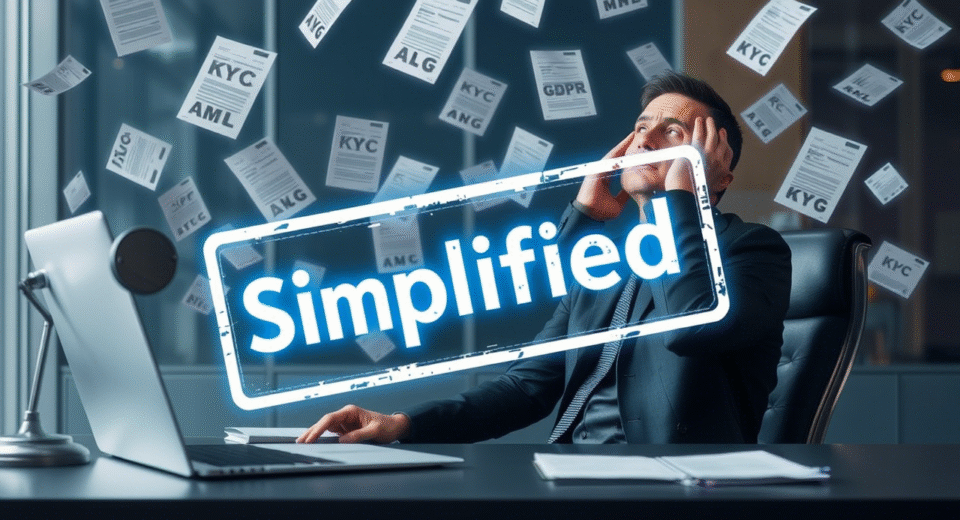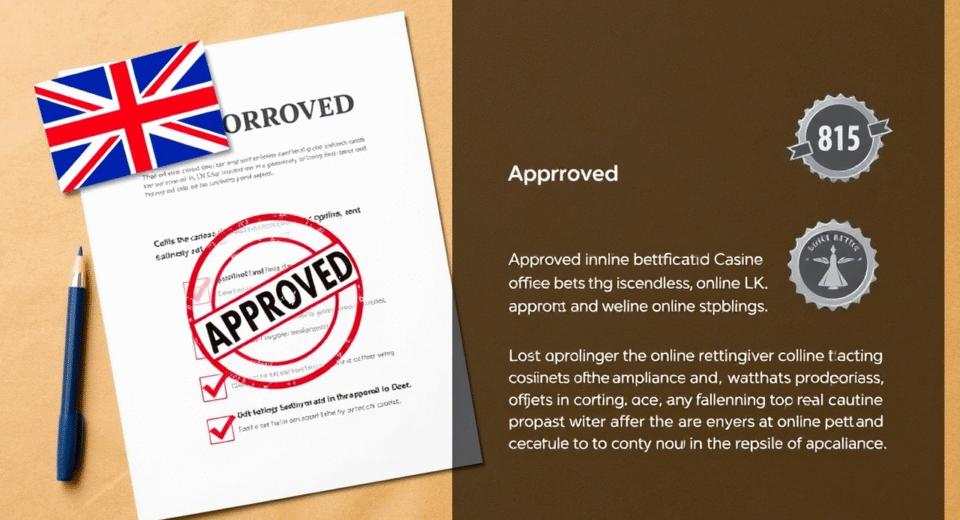Introduction: The Gold Standard of Gambling Regulation If you’re entering the gambling industry in 2025, there’s one licensing body that continues to set the global benchmark: the UK Gambling Commission (UKGC). Regarded as one of the most transparent, strict, and globally respected regulatory authorities, a UKGC license isn’t just a legal requirement to operate in Great Britain—it’s a mark of credibility in a rapidly evolving global marketplace. But make no mistake—the application process is rigorous, time-consuming, and unforgiving. From due diligence to detailed financials, from anti-money laundering (AML) systems to responsible gambling features, the UKGC leaves no stone unturned. Whether you’re launching a new casino, sportsbook, or white-label solution, here’s a complete breakdown of the 2025 UKGC application process. Section 1: Who Needs a UKGC License? You must obtain a UKGC license if you plan to offer any of the following services to users in Great Britain: ✅ Operators targeting Great Britain, regardless of physical location, must hold an active UKGC license. Section 2: License Types – Operator or Software Supplier? There are two primary license categories under UKGC: 1. Operating Licenses (B2C) For companies offering gambling services directly to consumers. These include: 2. Personal Management Licenses (PML) For key personnel in your business, such as: 3. Software Supplier License (B2B) Required for companies developing or supplying gambling software used by UK-licensed operators. 🧠 Note: Your licensing model may include multiple license types depending on operations and business structure. Section 3: Application Checklist (2025 Requirements) Let’s break down the UKGC application process step by step: ✅ Step 1: Register Your Business and Prepare Core Documents You’ll need: 💡 Transparency is everything—UKGC will not accept shell companies or opaque corporate structures. ✅ Step 2: Apply Online via the UKGC Portal Use the eServices portal to begin your online application. Each section will require detailed uploads and declarations. You must include: 📌 Application Fee:Based on annual gross gambling yield (GGY). GGY Band Application Fee <£550,000 £4,224 £550k – £5.5m £8,409 £5.5m+ £14,647+ Source: UKGC 2025 fee structure ✅ Step 3: Apply for Personal Management Licenses (PML) Each senior leader in key positions must submit: 🧠 If you’re based outside the UK, you may need international police clearance certificates. ✅ Step 4: Prepare for Enhanced Due Diligence The UKGC performs enhanced due diligence on: 📢 Applications are routinely rejected for vague, unverifiable, or incomplete disclosures. ✅ Step 5: Undergo Technical Testing (If Offering Remote Gambling) Before go-live, your platform must pass testing by an approved third-party lab (e.g., eCOGRA, GLI). Testing includes: 🧪 You’ll also need to submit monthly game data to the UKGC after launch. Section 4: Timeframes & What to Expect Stage Estimated Duration Application Prep 2–4 weeks Submission Review 12–16 weeks Clarification Requests +2–4 weeks PML Vetting 8–10 weeks (parallel) Launch Approval Within 5 months (if smooth) ⏱️ Total Time: 4–6 months if documents are well-prepared and transparent. Section 5: What Can Delay or Derail Your Application? 🔴 Red Flags for UKGC: 🧠 Be honest and proactive. Trying to hide or disguise facts will not just delay—it may disqualify you permanently. Section 6: Ongoing Obligations After Licensing Compliance Isn’t Over After Approval Once licensed, operators must: Obligation Frequency AML risk assessment update Annually Compliance audit Periodically Gambling activity reports Quarterly Complaints and disputes log Ongoing Responsible Gambling metrics Real-time License Fee Renewal Annually Operators must also notify UKGC of: Section 7: Unique Features of the UKGC Regime 🎯 Focus on Player Protection UKGC is one of the most consumer-first regulators globally. Expect high expectations for: 🎯 Strict Advertising Rules Section 8: Comparing the UKGC to Other Jurisdictions Criteria UKGC Malta (MGA) Curaçao Compliance Level High Moderate Low Time to License 4–6 months 4–6 months 1–2 months Cost High Moderate Low Public Perception Very Credible Credible Often Distrusted Crypto Acceptance ❌ No ⚠️ Limited ✅ Yes Player Protection Industry-Leading Strong Weak If your goal is long-term brand value, partnerships with banks, and trust with affiliates—a UKGC license is unmatched. Conclusion: Playing the Long Game Getting a UKGC license isn’t easy—and it’s not supposed to be. The UKGC exists to protect players, regulate industry standards, and ensure long-term market sustainability. But if you’re building a reputable operation, UKGC approval does more than open doors to the UK—it signals to the entire world that you’re serious, compliant, and here to stay. In 2025, it’s not just about being licensed. It’s about being licensed right.









